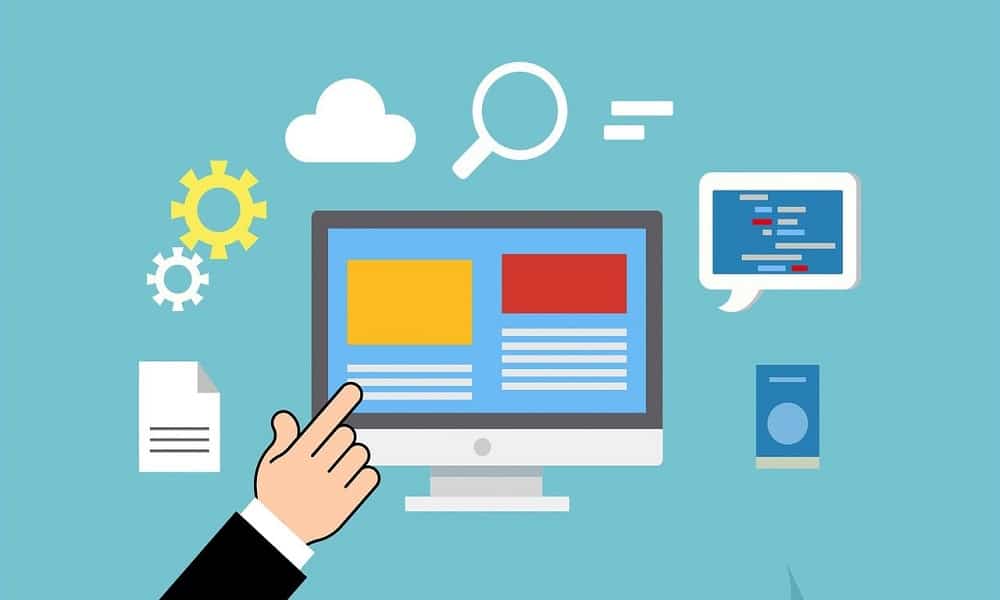Most B2B teams don’t have a lead volume problem. They have a lead quality problem. Sales and marketing spend months chasing companies and contacts that never turn into real clients. This isn’t because the reps aren’t working hard, but because the data underlying these potential clients isn’t strong enough to support targeting them. When your lead foundation is off, everything downstream becomes heavier, slower, less predictable, and more expensive.
This is exactly why data enrichment is having its moment in B2B. The stakes are higher. Buyers are filtering harder. Sales cycles are longer. Companies need precision and better signals before investing time into outreach. Better data gives teams leverage, clarity, and opportunity accuracy. Plus, B2B data enrichment services are becoming one of the most important tools for higher quality targeting, and here’s why.
B2B Data Enrichment Services Give Teams Cleaner, More Accurate Contact and Company Intelligence
A raw contact record tells you almost nothing useful. Job title, company name, LinkedIn link are all surface-level pieces of information. Teams need context around buying authority, current tech stack, department budgets, role alignment, market position, and growth signals. This is where b2b data enrichment services matter.
Tools like these help fill missing data fields, update inaccurate records, enhance contact profiles, and give teams the deeper detail needed to choose better targets. Instead of wasting time guessing who the buyer might be, sales teams know exactly which roles matter and where to focus. When data quality goes up, sales conversations become sharper, faster, and more relevant because reps are no longer walking into conversations blind.
Lead Generation Success Has Shifted Toward Precision-Based Strategy
General lead lists no longer drive growth. Just like everything else, lead generation tactics are evolving with buyer behavior shifts and higher competition. Businesses need targeted messaging, ideal customer profile clarity, segmented outreach, and timing-specific targeting to see meaningful ROI. All of those require enriched data.
Data enrichment also means marketing campaigns waste less budget, because every impression and outreach touch goes to someone with a higher probability of converting. If your company struggles to convert leads today, it’s rarely because your offer isn’t compelling enough. It’s usually because you’re talking to the wrong people.
Better Data Increases Personalization Quality Without Increasing Manual Labor
Personalization isn’t about writing someone’s first name in the email subject line. Real personalization comes from matching message narrative to role responsibility, challenges, desired business outcomes, and industry-specific pain. It’s impossible to do that well with incomplete or outdated contact records. Better data means the personalization layer becomes stronger and easier.
Sales reps don’t have to waste hours researching people manually before outreach, because enrichment does that work on the backend. This creates a compounding effect. Outreach becomes more relevant, response rates increase, and time wasted drops significantly. The result is higher revenue per hour worked.
Data Enrichment Makes Scoring Models More Accurate and Useful
Lead scoring is only as good as the data inside the scoring model. If the data is wrong, incomplete, or shallow then scoring becomes random ranking. Enrichment helps build useful predictive scoring algorithms that map much closer to real buyer behavior.
When scoring becomes more accurate, reps stop wasting time on low priority leads and start allocating their time where it counts. Executives love this because forecasting becomes cleaner, pipeline reviews become less painful, and capacity planning becomes more predictable.
Better Targeting Protects Sales Team Confidence and Prevents Culture Burnout
Pipeline friction is not just a data problem. It becomes an emotional problem. Sales teams lose confidence when they chase people who were never buyers to begin with. Burnout in B2B sales usually doesn’t come from rejection, it often comes from chasing leads that were bad targets from the start.
Data enrichment protects culture by reducing avoidable waste. It gives reps more wins, more positive reinforcement, and clearer pathways to productive conversation. And when reps feel like their time is respected and their effort leads to results, you get a more motivated, more stable team.
Data Enrichment is Becoming Mandatory for Infrastructure
The next phase of go-to-market maturity will be defined by data clarity. This is not a trend. It’s the new normal. Sales and marketing alignment depends on shared clean data. Automation depends on structured data. Personalization depends on enriched data. Accurate forecasting depends on contextual data.
As AI becomes more central to sales and marketing decision making, enriched data becomes even more important. AI is powerful, but only if the data you feed it is reliable. Garbage data equals garbage insight. Better data equals multiplied advantage.


